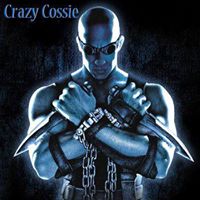Which of the definitions below is not a current meaning of the noun ‘cob’?
For being such a short word, ‘cob’ has a very long list of disparate meanings (18) which spring from very different and, in many cases, uncertain origins.
A male swan, a round crusty loaf and a short sturdy horse are all contemporary meanings of the word ’cob’ in the United Kingdom. Because of the word ‘cobweb’, a spider web, it was commonly assumed that the Old English name for a spider was a cob. (Old English was the language of the Anglo-Saxons, up to about 1150, an inflected language with a Germanic vocabulary, very different from modern English - inflection in grammar is the modification of a word to express different grammatical categories such as tense, case, voice, aspect, person, number, gender, and mood).
Actually, the cob and the spider link stems from the word ‘coppe’, an archaic word meaning spider which originated in the northeast midland region of England from the northern European invaders who populated that part of England at that time. The word ‘coppe’ (pronounced ‘kob’ existed in middle Dutch up until the 14th century. The word kobbe, meaning spider, still exists in West-Flemish, a Dutch dialect spoken in the West of Flanders. It has been many hundreds of years since ‘coppe’, ‘kob’, ‘cob’, in the sense of their spider meanings, have been used in English.
More Info:
en.wiktionary.org











